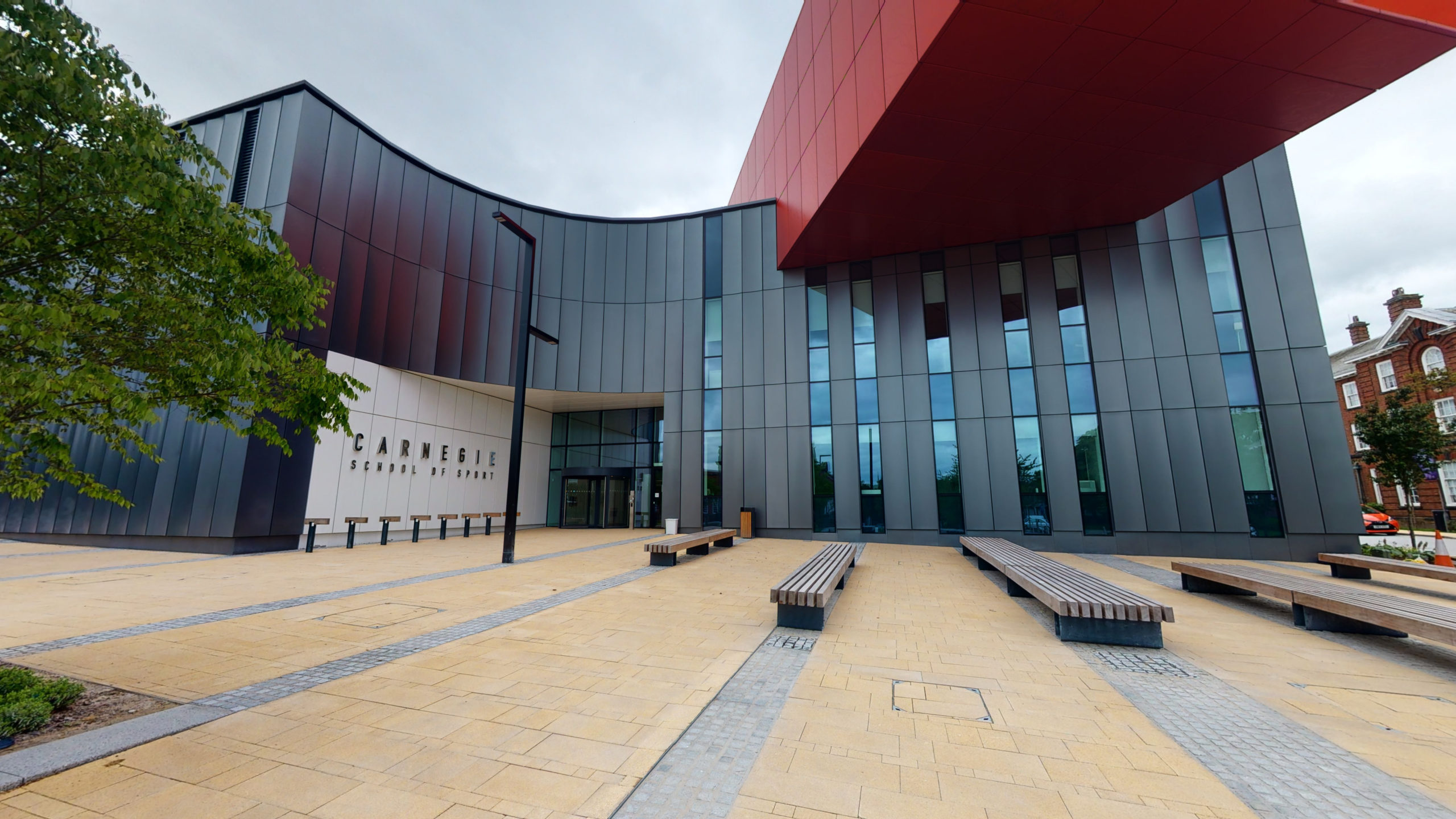- ...
Postgraduate Studentships - Search for funding opportunities.
Practicing in this dynamic field of specialist sports
You will build expertise in the assessment and treatment of injury and the management of rehabilitation, and you will develop further understanding of different aspects of research design. With access to some of the UK’s leading sports specialists and resources – from university sports teams to elite athletes – you will have the opportunity to provide therapy support on your placement, harnessing the experience and knowledge needed to be a successful sports therapist.
We offer a range of core modules, and if you study full-time, you’ll be able to pick from a selection of option modules as well. Our course links together the extensive expertise from a range of sport and health academics and is accredited by the Society of Sports Therapists.
University Sport
At our
Requirements: Applicants should either have at least a second class honours degree in the cognate subjects of Physiotherapy, Sports Science, Sport and Exercise Science or Sports Therapy, at least a second class honours degree in a non-cognate subject supported by evidence of an aptitude for the subject applied for, or have equivalent experience or training, normally from within the work environment.
For fees and funding information please see our website
You may work as a sports therapist in a variety of settings, including sports teams, clinics, fitness clubs and education providers. Alternatively, you may choose to be self-employed working across different sectors of sport and leisure. If you hold a sports therapy or physiotherapy qualification, you will have enhanced employment options in health, sport and recreation.
Sports Therapist
Sports Coach
Lecturer/ Trainer
Core Modules
Sports Therapy Skills and Practice 1
Develop the core practical skills and underpinning theoretical knowledge required by sports therapists, which can then be applied safely to different levels of sports participants in sports settings.
Gain the advanced skills required to be a
Develop your understanding of different aspects of research design and the application to practice at Masters level. Critically evaluate both recent research publications and the current evidence-base for practice.
Gain experiential learning opportunities within a broad spectrum of sports therapy contexts, under the direct supervision of academic staff and industry professionals.
Produce a substantial research project on a self-selected topic of interest, demonstrating your developmental learning in addition to a variety of academic and practical skills.
Option Modules
Gain a detailed and critical understanding of the application of cardiopulmonary exercise testing and exercise prescription in populations with cardiovascular and pulmonary conditions.
Be introduced to the general principles, concepts and underpinning theory in nutrition and biochemistry necessary for the development of performance nutrition strategies.
Understand the specific aspects of the structure and function of the neuromuscular system and their relationship with intrinsic and extrinsic factors.
Develop the clinical reasoning skills in the assessment of sports injuries and pathophysiology. Please note that if you study our part-time course, this module will be a core module.

We love sport. Which is why we’re working every day to make it better. We’re one of the most active and renowned sports research universities in the U...